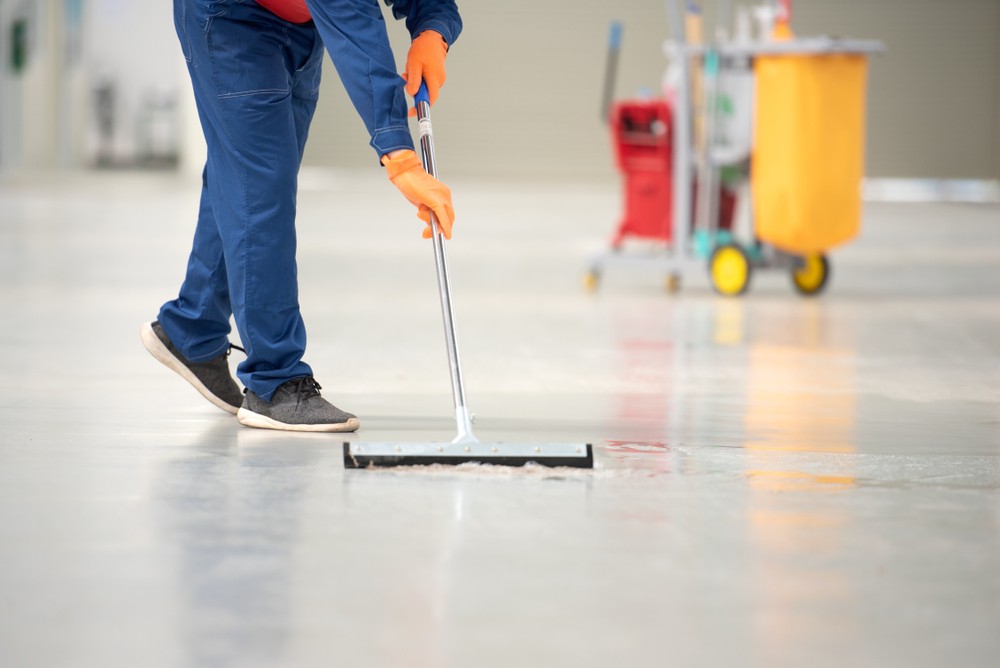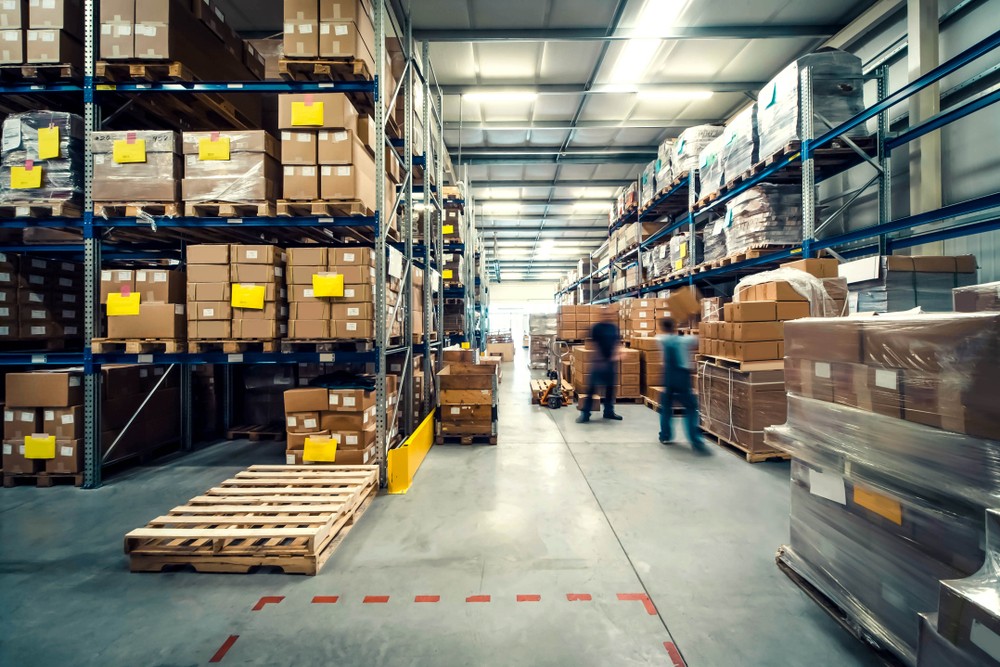A Clean Warehouse Is More Than a Pandemic Priority

The COVID-19 pandemic has increased public awareness of the necessity for good hygiene practices, and the manufacturing industry is no exception. With the sheer volume of goods and materials moving in and out of a warehouse daily, your employees are at considerable risk for exposure to viruses and other pathogens.
While the pandemic has certainly shed new light on the importance of warehouse hygiene in the short term, it’s critical for the industry to draw on the experience, and establish hygiene and cleaning protocols to protect their facilities and employees after the pandemic has passed. Begin by establishing a schedule to keep your warehouse space clean and hygienic — and your employees safe and healthy.
Why warehouse hygiene matters
Proper hygiene is important for keeping your warehouse employees safe, but it also ensures your warehouse runs efficiently. Simply put, workers are more susceptible to illness in an unhygienic warehouse environment, which leads to absences and a further spread of germs. Before long, you may find yourself without enough staff to meet daily requirements.
Workers thrive when they feel their employer cares about their health and safety. Employees who feel they’re not working in a safe environment won’t stick around — and worker shortages are already a serious problem in the manufacturing industry. A good hygiene strategy will help you retain your current workforce and attract new employees.
When you consider how many products a typical warehouse moves in a single day, an unclean warehouse could easily spread germs, pests, and harmful organisms into the homes of consumers.

Establish a cleaning schedule
Every warehouse is different, so establishing a good cleaning schedule may involve some trial and error. That said, there are some practices every warehouse manager can put in place to curb the spread of germs and create a cleaner warehouse environment. Basic tasks to add to your schedule include:
- Routinely sanitizing high-contact surfaces, such as door handles and shelves.
- Checking moisture-intensive areas and surfaces for signs of mold and mildew.
- Investing in top-quality air filtration systems.
- Deep cleaning carpeted surfaces.
- Cleaning floors with disinfectant.
It’s important to perform certain cleaning tasks daily, such as sanitizing high-contact surfaces, but others may only require attention weekly or even monthly, depending on your facility.
There are some other investments you’ll need to make to ensure a clean and hygienic facility, which may range from stocking cleaning products, such as antibacterial cleaners and hand sanitizer, to investing in sanitizing equipment.
If your staff is already overloaded with daily tasks, consider hiring a professional cleaning service. Working with a cleaning service is often more efficient, and it ensures better, more consistent results.

Need a helping hand?
An unhygienic warehouse could lead to sick employees, unscheduled downtime, safety issues, and a litany of other problems — and manufacturers can’t afford to be down for the count. A warehouse cleaning expert can help you develop an effective cleaning strategy by touring your space, understanding your needs, and identifying solutions specific to your facility.
